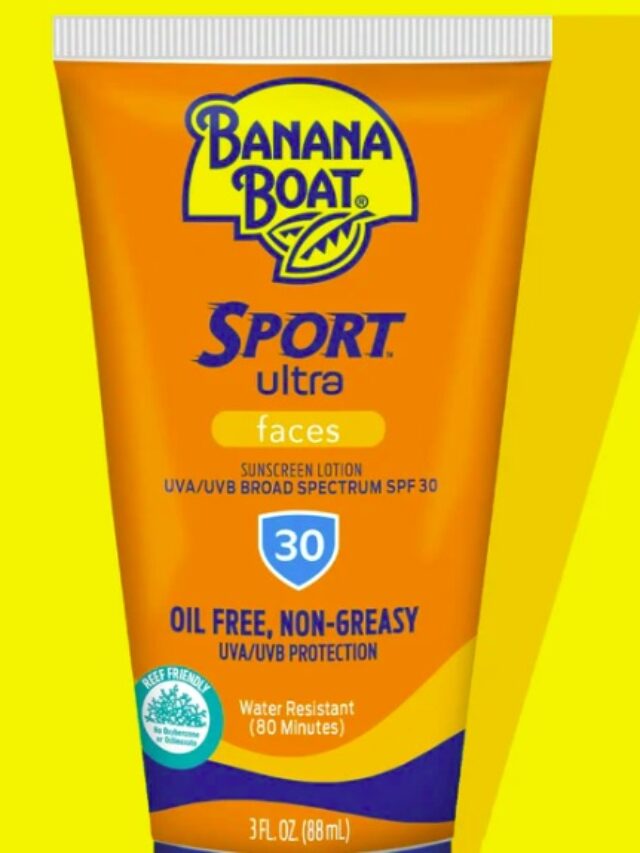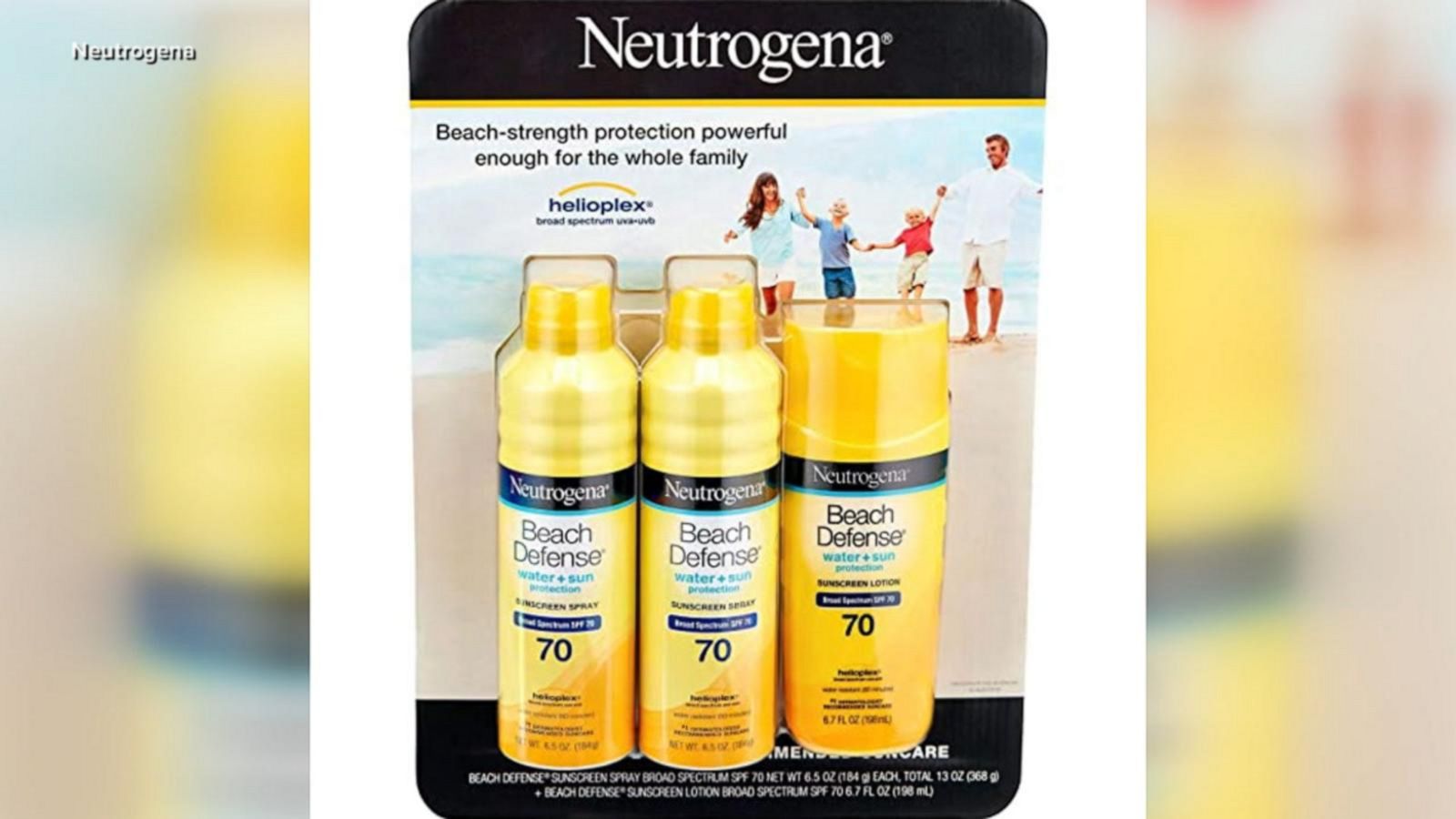

Recalled sunscreen skin#
Sunscreen is still one of the most effective tools we have against the sun’s dangerous UV rays, shielding us from annoying and dangerous skin issues, including skin cancer.

If you're worried about sunscreen and benzene contamination, don't forego application out of fear. A review of sunscreen samples found trace levels of benzene an odorless, colorless toxic chemical in. The company Edgewell Personal Care has issued a voluntary recall of Banana Boat hair and scalp sunscreen spray that was sold online and in retail stores across the country. The sunscreen recall only affects six products, which are all spray sunscreens, the Food and Drug Administration (FDA) recall notice says.

To request a refund and find additional information, visit Coppertone’s recall website. A mother sprays sunscreen on her son's body at the beach. The recall comes after external and internal testing showed small amounts of benzene, a chemical that can cause cancer, in the products.
Recalled sunscreen full#
Note that the full list contains 78 items and can be viewed in its entirety over here. But if you have any of the affected lots in your home, the FDA recommends disposing of the products. A sampling of the offending sunscreen products can be seen below. The brand has notified retailers to pull the affected products from shelves. And only one batch of Coppertone tested by Valisure contained benzene-at the lowest possible concentration. It appears that Coppertone’s recall is not related to the earlier report. And Johnson & Johnson, the manufacturer of Neutrogena and Aveeno products, ultimately recalled five products based on that report. In May, independent lab Valisure released a bombshell report that researchers had discovered benzene in a quarter of the SPF and after-sun products it tested. To be clear, benzene is not an ingredient in sunscreen it’s most likely a byproduct of the aersosol manufacturing process.Ĭoppertone has not announced how much benzene was detected in each batch, but the company writes that daily exposure at these levels “would not be expected to cause adverse health consequences.” No illnesses or negative effects related to these lots of sunscreen have been reported so far. And although benzene is linked to cancer, it usually occurs after long-term exposure, the CDC says, which means for a year or more. The compound is not exceedingly dangerous in sunscreen, though the FDA has not established a measure of how much benzene is safe to include in sun-care products. It’s also a known carcinogen, meaning that it is associated with the development of cancer, especially cancer of the blood. (You can find the impacted products at the FDA’s site.) If you own one of these items, but it doesn’t bear a recalled lot number, it is not included in the recall.Ĭonsumers who own any of the recalled sunscreens are urged to stop using the products and dispose of them immediately.īenzene, which takes the form of a colorless or light yellow liquid at room temperature, is an organic compound used in plastic production, according to the Centers for Disease Control and Prevention ( CDC). However, only 12 specific lots, which were manufactured between January 10 and June 15, are included in the recall.


 0 kommentar(er)
0 kommentar(er)
